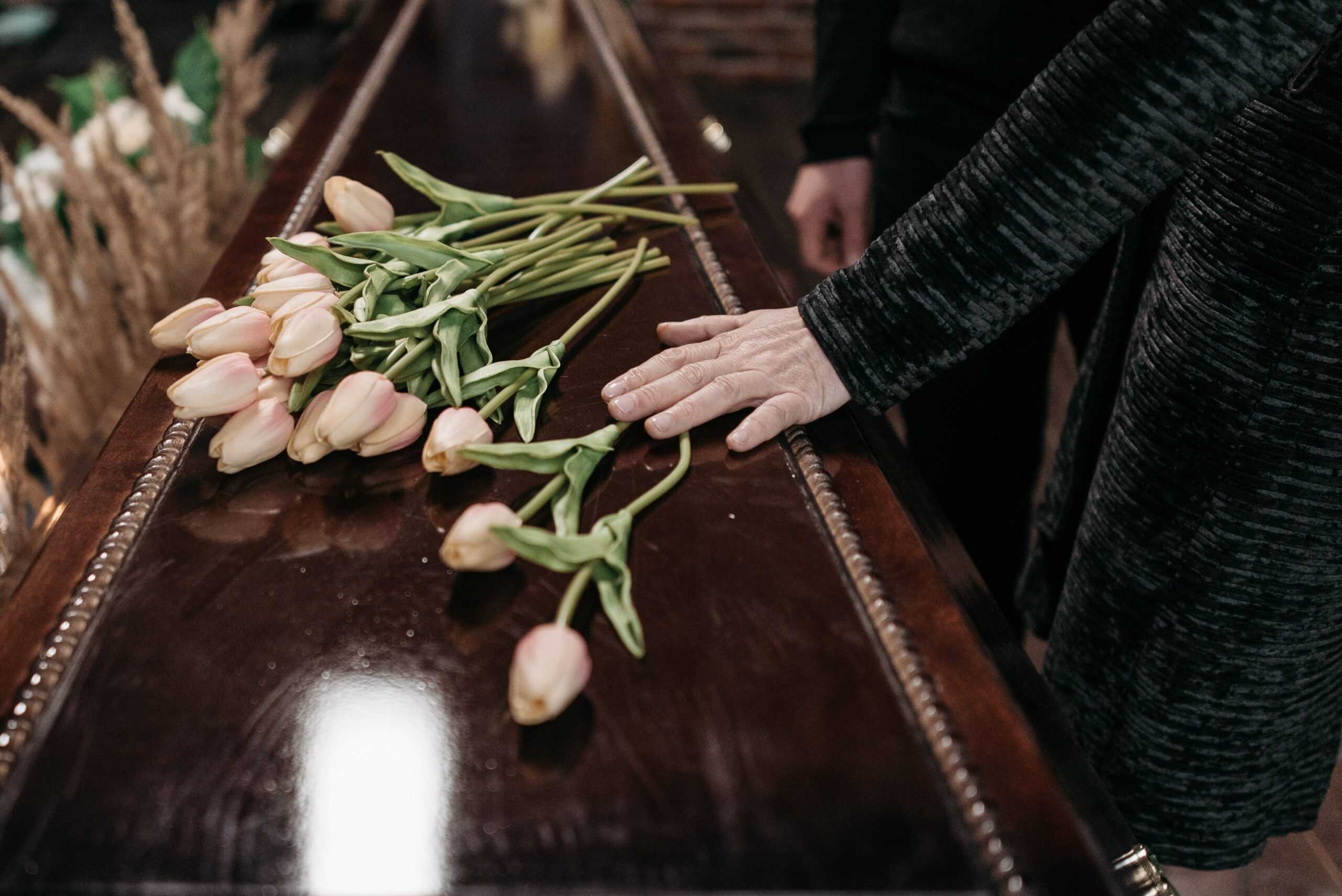As you embark on your end of life planning, you’ll be faced with a seemingly endless line of decisions, from beneficiary designations to a will executor to funeral preferences. One of the biggest funeral expenses is the funeral casket. In this article, we’ll walk through some of the choices you’ll need to make when picking out a funeral casket.
- Casket Vs. Coffin
Caskets and coffins can both be used for burial purposes, but they are not the same. A coffin has six or eight sides, where a casket is rectangular. Caskets for funerals often have split lids to reveal part of the body for the viewing, versus coffin lids which are not attached with hinges. Caskets are the standard choice in the United States, giving you more options to choose from.
- Material
Wood and metal are two of the most common materials used for caskets. Metal caskets are known to be more durable, which can often make them more expensive. Should you choose a metal casket, bronze, copper and steel are among your options, with steel being the least expensive. Wood casket options span from low-cost materials like pine or poplar to higher-cost woods like mahogany or walnut. For the environmentalist, wicker caskets are an affordable, eco-friendly option made of biodegradable material.
Different types of caskets can have vastly different price points, so do your research before you make your purchase.
- Size
The standard casket dimensions for a casket are 84 inches long, 28 inches wide and 23 inches high. However, individuals above 6’10” or over 350 lbs may need an oversized funeral casket, which comes in larger sizes.
- Lining
The interior of a funeral casket can be lined with fabric such as crepe, polyester, satin or velvet. The outside lining of a casket, also known as a grave or burial vault, serves as protection for the casket and prevents the unit from collapsing into the earth. Some cemeteries require a vault, as it preserves the gravesite soil. Check with your cemetery of choice to see if they require a burial vault.
- Provider
Thanks to the internet, caskets for funerals are more widely available than ever before. From big-name retailers like Costco or Amazon to specialized casket retailers, you’ll have no shortage of options. You also have the option to purchase a casket directly from the funeral home. This can be beneficial if you want to see your options in person before you purchase. However, it’s also likely to be more expensive than ordering online.
- Gasket
A gasket is the rubber lining that protects a metal casket from leaks, air and the elements. It’s not required to have a gasketed casket, but it does seal in the deceased and slow the decay of the body. Gasketed caskets are typically more expensive than a standard burial casket due to the additional peace of mind and security that they provide.
- Additional Customizations
If you have strong opinions on how your funeral casket should look, you may be interested in further customizations such as color, finish or engravings. Your casket costs will be greater than if you choose a standard issue casket, but for many people, it’s worth it to have a casket that reflects their life and personality.
Turn to Americo for Final Expense Insurance
A traditional burial and funeral can cost up to $12,000. Final expense insurance is designed to ease that burden. With a final expense insurance policy from Americo Financial Life and Annuity Insurance Company, you’ll have peace of mind knowing that no matter when the time comes, your funeral will never result in leaving your loved ones responsible for the unexpected costs. Talk to an Americo representative today or get a quote online now!
